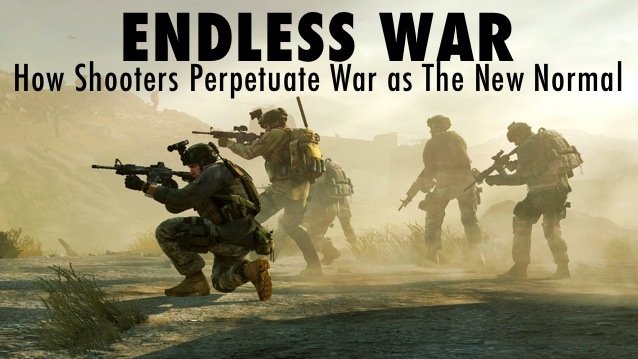Genevieve Weber/Corvallis Advocate -
 War is a touchy subject, especially given the near-palpable tension of the upcoming presidential election. If you’re against war, you’re a hippy at best, anti-military and unpatriotic at worst. If you’re for it, you’re pro-violence, anti-peace, an extreme conservative… Basically, you’re either too fat or too skinny, and the middle ground is essentially a wasteland. I’m not anti-military as we now know it, although there are certainly myriad issues. I do think increasing military spending when the military isn’t even asking for it, while cutting all sorts of important and necessary social programs, is absolutely ridiculous. But that’s neither here nor there.
War is a touchy subject, especially given the near-palpable tension of the upcoming presidential election. If you’re against war, you’re a hippy at best, anti-military and unpatriotic at worst. If you’re for it, you’re pro-violence, anti-peace, an extreme conservative… Basically, you’re either too fat or too skinny, and the middle ground is essentially a wasteland. I’m not anti-military as we now know it, although there are certainly myriad issues. I do think increasing military spending when the military isn’t even asking for it, while cutting all sorts of important and necessary social programs, is absolutely ridiculous. But that’s neither here nor there.
There are some aspects of our military that are more controversial than others, and some issues really hit home—mainly because they’re happening here. When your teenaged son or daughter reports they conversed with a US military recruiter in the hall of their high school, you may experience mixed emotions. Maybe you feel socially obligated to support the military (or maybe you’re all for or against it), but you don’t want your child exposed to this particular career path. School administrators experience this same juxtaposition of thought—the men and women who recruit high school students may be exemplary human beings, and they’re simply doing their jobs. But recruiters are also asking young people to make decisions that studies suggest they aren’t ready to make, and, since it is their job to recruit people into the military, recruiters may not provide all necessary risk information to students.


 If protection rackets represent organised crime at its smoothest, then war risking and state making – quintessential protection rackets with the advantage of legitimacy – qualify as our largest examples of organised crime. Without branding all generals and statesmen as murderers or thieves, I want to urge the value of that analogy. At least for the European experience of the past few centuries, a portrait of war makers and state makers as coercive and self-seeking entrepreneurs bears a far greater resemblance to the facts than do its chief alternatives: the idea of a social contract, the idea of an open market in which operators of armies and states offer services to willing consumers, the idea of a society whose shared norms and expectations call forth a certain kind of government.
If protection rackets represent organised crime at its smoothest, then war risking and state making – quintessential protection rackets with the advantage of legitimacy – qualify as our largest examples of organised crime. Without branding all generals and statesmen as murderers or thieves, I want to urge the value of that analogy. At least for the European experience of the past few centuries, a portrait of war makers and state makers as coercive and self-seeking entrepreneurs bears a far greater resemblance to the facts than do its chief alternatives: the idea of a social contract, the idea of an open market in which operators of armies and states offer services to willing consumers, the idea of a society whose shared norms and expectations call forth a certain kind of government.  As of this year, the war on Afghanistan has been going on for over a decade--making it the longest standing war that the United States has been involved with. The average person living in the United States wouldn’t really know it, doesn’t really care, or can’t do anything about it.
As of this year, the war on Afghanistan has been going on for over a decade--making it the longest standing war that the United States has been involved with. The average person living in the United States wouldn’t really know it, doesn’t really care, or can’t do anything about it.




